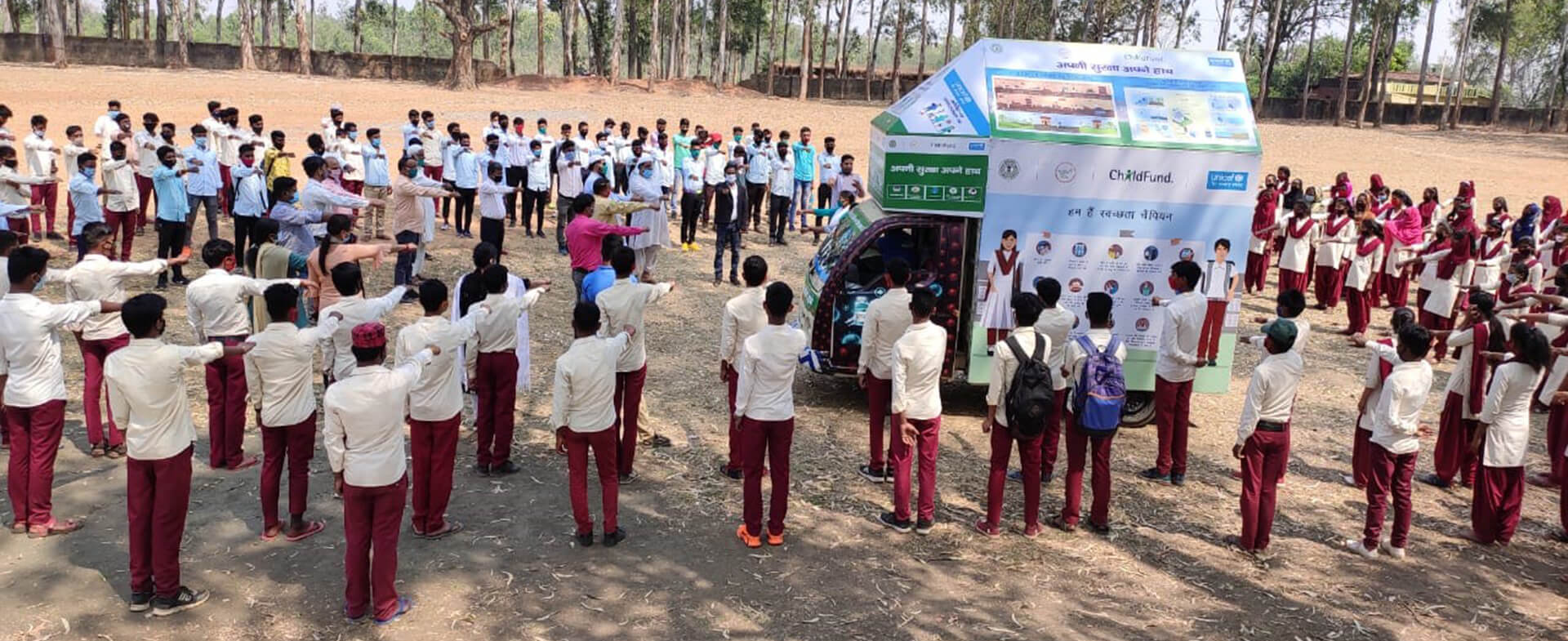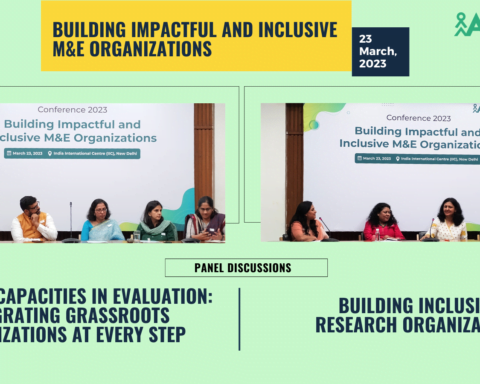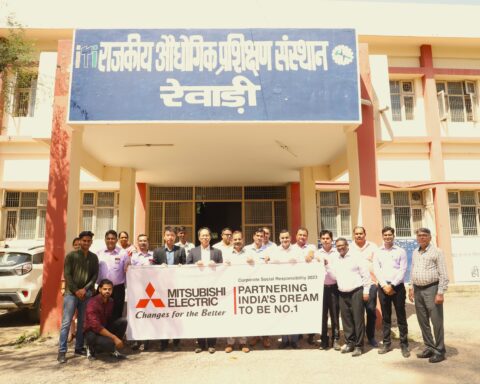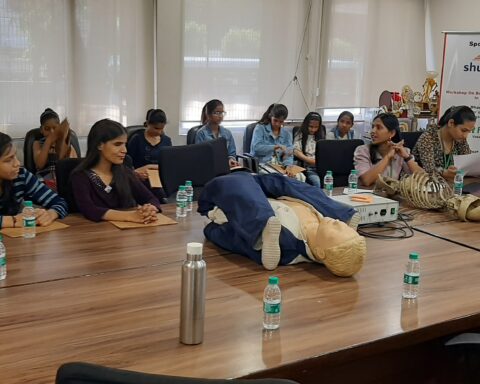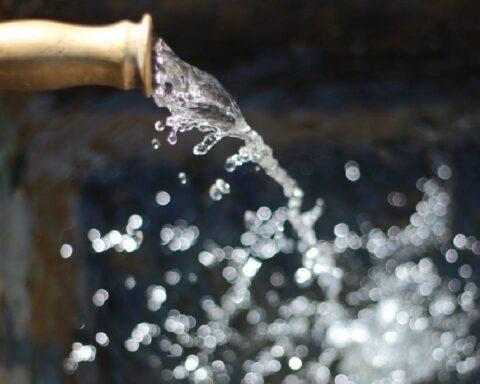ChildFund India has reached a total of ten million people in rural India with medical supplies and vaccine
From October 4 to 13, ChildFund India, with the help of HSBC India, will conduct a large-scale COVID-19 vaccine drive in South Mumbai for fisherfolk and others from vulnerable areas. Rahul Narwekar, MLA, Colaba Assembly Constituency, and Harshita Narwekar, Corporator, 226 under A ward at a Private COVID Vaccination Centre in Colaba, in the presence of Neelam Makhijani, Country Director, ChildFund in India, Aloka Majumdar, Head of Corporate Sustainability, HSBC India, Aman Ullah, Head of Communication, HSBC India.
India’s coastline stretches about 7,200 kilometres, and four-fifths of a billion people live off the sea. With these figures, it’s simple to understand how a pandemic may have far-reaching consequences. Supporting the community with vaccinations was critical, and we focused our efforts on that. As part of the campaign, 10,000 fishermen and people from vulnerable areas in South Mumbai would receive two doses of the Covishield vaccine, fully free of charge, in accordance with government directives and standards. The vaccination effort will benefit marginalised people who were previously unable to obtain them due to a statewide vaccine supply deficit and vaccine reluctance.
As part of the COVID-19 response, ChildFund India has provided awareness and vaccination efforts, relief supplies, livelihood recovery possibilities, psychosocial support, and critical medical treatment to millions of people, including children, over the last 18 months. Across the 15 states, these activities have reached over 8 million people, including children from vulnerable neighbourhoods. “Through this effort, ChildFund India and HSBC are proactively contributing to the nation’s aim of 100% immunisation coverage,” stated Neelam Makhijani, Country Director, ChildFund India. We are grateful to HSBC for partnering with us in our efforts to keep people safe, secure, and well-fed. ChildFund India has been working in semi-urban and rural areas to deal with the pandemic’s impact for the past 18 months. Our interventions include providing medical equipment to 100 primary health care clinics and community health centres, establishing child-friendly COVID-care centres, providing food, hygiene, and educational kits to families, launching an aggressive vaccination campaign, and, most importantly, providing livelihood opportunities.

